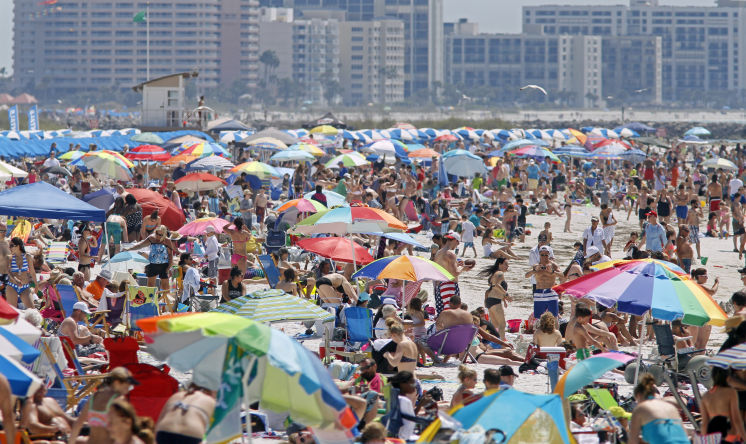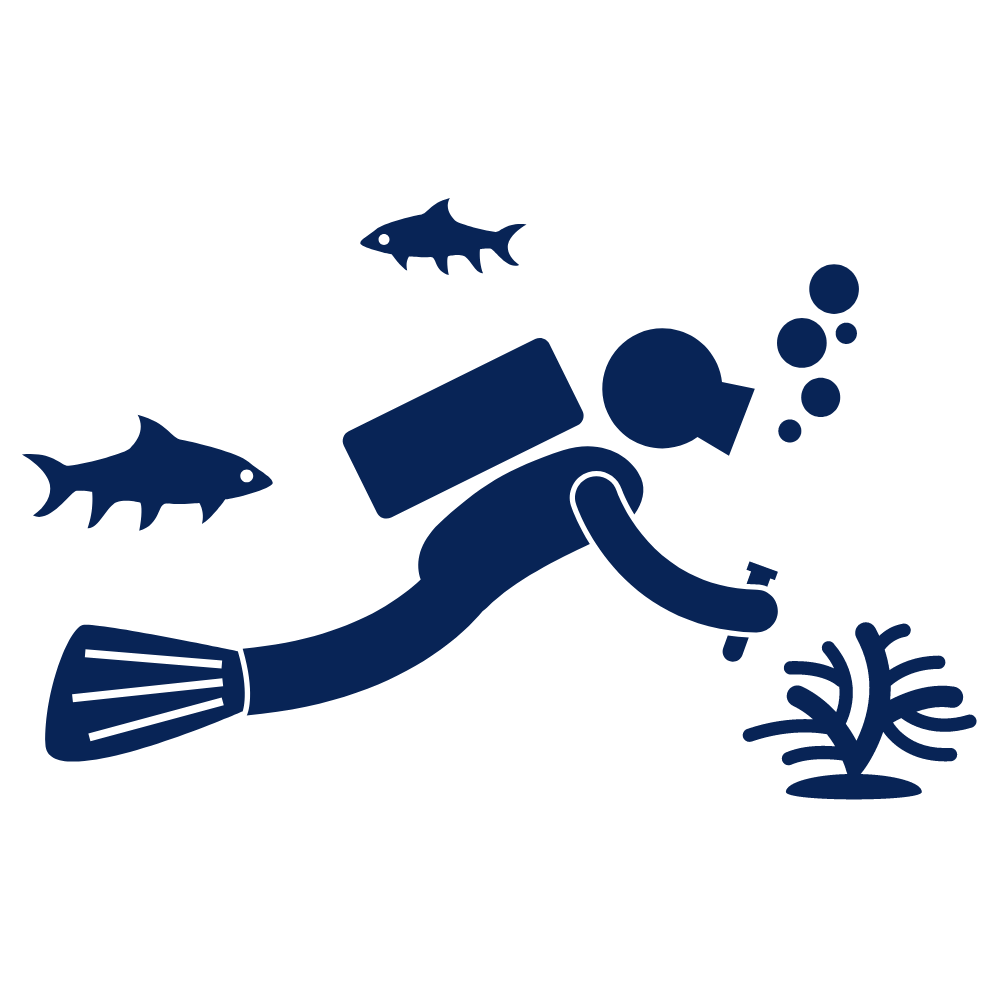Posted by Kasey | 02.03.2021 | Conservation, Marine Science, Turtle Talk
Conservation Efforts: Coastal Development
 As humans continue to develop and live in and around coastal areas it is becoming harder for turtles to find safe, unused sandy beaches. There are many ways coastal development can hinder the sea turtle life cycle.
As humans continue to develop and live in and around coastal areas it is becoming harder for turtles to find safe, unused sandy beaches. There are many ways coastal development can hinder the sea turtle life cycle.
 1) Driving vehicles on the beach can crush egg chambers, along with making deep tire tracks which pose obstacles for tiny hatchlings attempting to crawl to sea.
1) Driving vehicles on the beach can crush egg chambers, along with making deep tire tracks which pose obstacles for tiny hatchlings attempting to crawl to sea.
2) Beach umbrellas penetrate the sand, breaking eggs in their nests, causing them to rot and affect the other eggs in the nest.
3) Lounge chairs and other recreational equipment left on the beach at night can block access to nesting sites for females.
Coastal armoring, which includes installing barricades (such as sea walls, rock revetments, jetties and sandbags) in attempt to protect beachfront property from erosion and wave action, negatively impacts sea turtle habitats.
These structures often block female turtles from reaching their prime nesting habitats.
 Even worse, they are only a quick fix that actually accelerates erosion further down the beach. By interrupting the natural movements of sand and sediments along the coast, these armoring structures may ultimately have an effect beyond the nesting habitat. This means that the sea turtles’ foraging habitats could be impacted as well.
Even worse, they are only a quick fix that actually accelerates erosion further down the beach. By interrupting the natural movements of sand and sediments along the coast, these armoring structures may ultimately have an effect beyond the nesting habitat. This means that the sea turtles’ foraging habitats could be impacted as well.
A related concern is that coastal development and armoring will push turtles to marginal habitats, creating even lower nesting success.


 Marine Bio
Marine Bio SCUBA
SCUBA Travel
Travel School Groups
School Groups Sign Up
Sign Up CONTACT
CONTACT CAMPS
CAMPS ABOUT
ABOUT